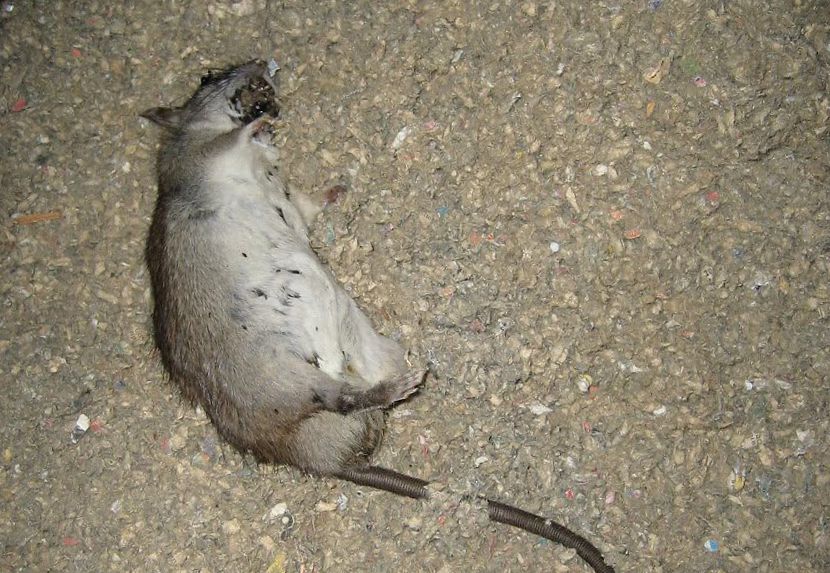
Dead animals are one of the hazards that people will encounter and have to deal with from time to time, whether they are dealing with animals killed by vehicles outside their homes, or whether it is animals found in and around their home. There are several reasons why an animal can die, with many dying of natural causes, while others may have been poisoned, or eaten something poisonous which may have killed the animal. When it comes to dealing with the animal, it isn't just the bad smell of the flesh decaying that you will have to worry about, as there are certain health implications of being careless when handling or disposing of a carcass.
Parasites And Diseases That Dead Animals Can Cause
Although the animal itself may be dead, if it is a relatively freshly killed animal, bear in mind that there are certain diseases transmitted through blood, urine and saliva, that can still be transmitted for a period after the animal dies. These diseases can range from fairly mild conditions such as salmonellosis through to much more serious conditions that can include rabies and rat bite fever among others. The other consideration is that many dead animals may be carrying parasites such as fleas and ticks, and these can also transmit diseases if they can move from the dead animal to a person as their new host, with Lyme disease one such dangerous condition.
How Dead Animals Can Attract Other Pest Animals
Another of the implications of having a dead animal in and around your property is that the scent from a dead animal is one that will often lead to other animals investigating the scent. This means that you will then not only have to consider the health risks of dealing with the carcass itself, but having other pest animals around the property can lead to a range of other risks too. From the contamination of food and water sources, through to transmitting diseases to pets, which then get passed on to the human occupants, having pest animals around your property is certainly something that you will want to deal with promptly.
Precautions Before Handling An Animal Carcass
There are certain steps that you can take to help reduce the risk of exposure that you will have from dead animals, and while there are risks when it comes to moving the carcass the risk of leaving the animal to decay near your property is greater. Because of the risk of parasites moving from the carcass to yourself, make sure that you wear long sleeved clothing and thick gloves, which will also help prevent direct contact with the dead animal. The other risk is from inhaling particles from the carcass which become airborne when it is disturbed, so wearing a mask is another wise precaution which will minimize the risk of contracting any diseases.
Disposing Of An Animal Carcass Safely
When it comes to getting rid of a dead animal, the approach to take can vary depending on its size, but it is important to double bag the carcass with thick bin liners when moving it, as you certainly don't want any spillages. For smaller animals, where there isn't a strong scent coming out from the garbage sacks, then you may be able to put the dead animal out with your garbage. However, with larger animals or those that are further along in terms of decaying, then the best step will be to look for somewhere it can be incinerated, or buried as long as the hole is deep enough so that other animals cannot then dig up the carcass at a later date.
Go back to the deadanimalremoval.org home page.
Copyright 2021 - deadanimalremoval.org
Nationwide Dead Animal Removal